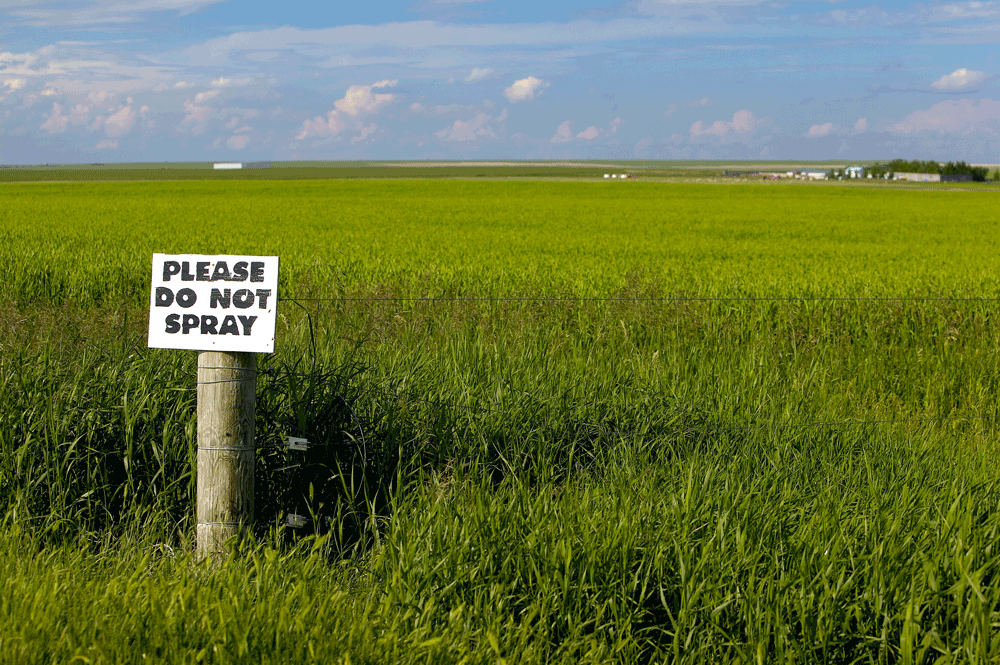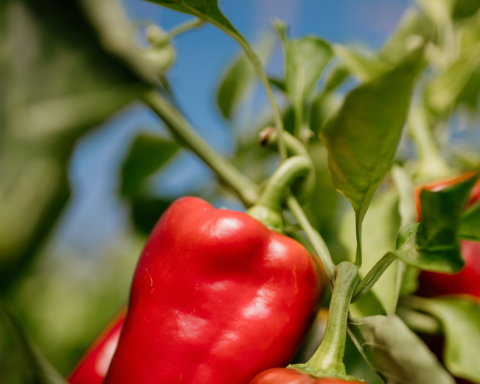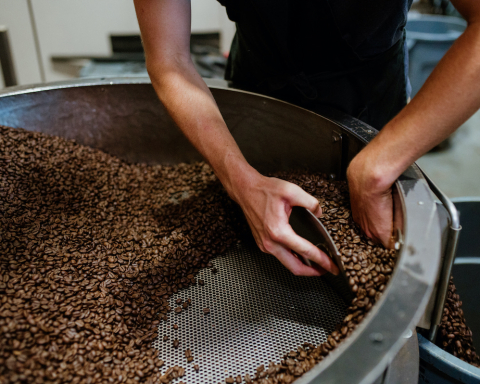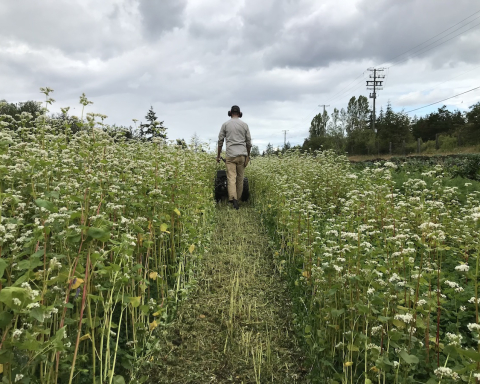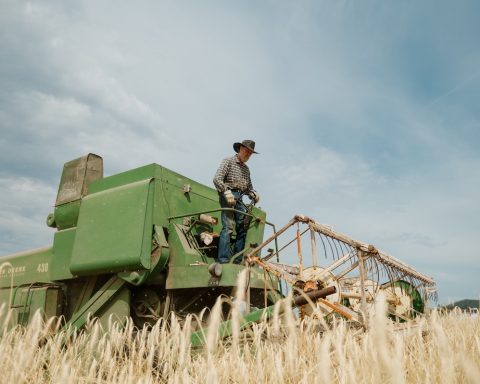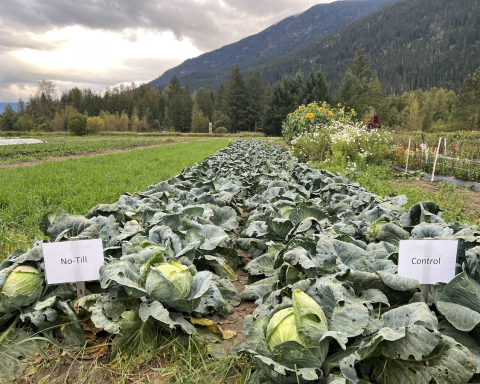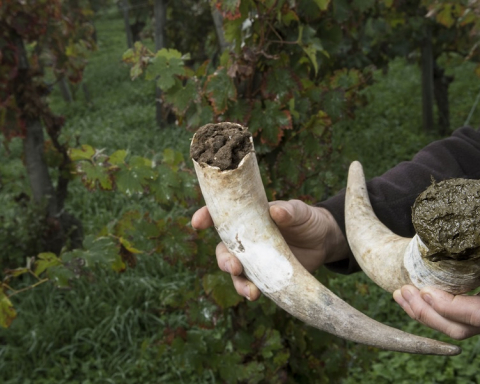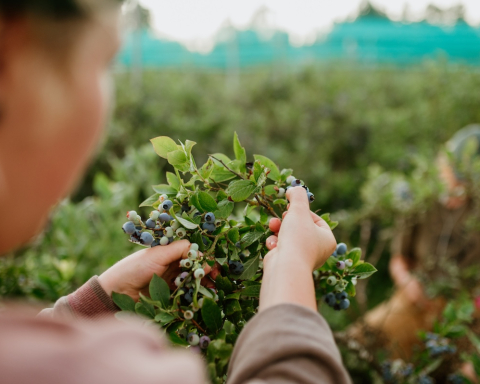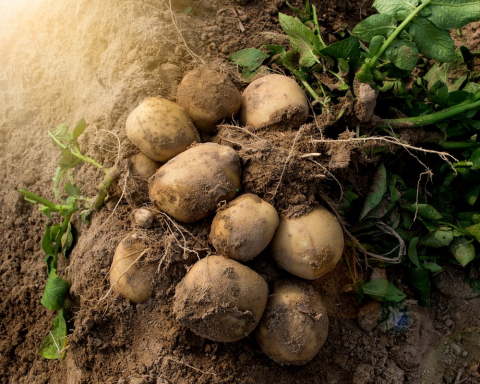Cari Hartt
Growing Prairie Grain
The Prairie Organic Grain Initiative is a 4-year, $2.2M tri-provincial project dedicated to achieving resiliency and stability in the prairie organic sector by focusing on increasing the quantity and quality of organic grains, and developing relationships across organic market value chains.
A partnership between Organic Alberta, SaskOrganics, and Manitoba Organic Alliance, the Prairie Organic Grain Initiative is bringing the community together to develop a strong foundation of programs, resources, and relationships upon which the prairie organic grain sector can truly flourish. Other industry stakeholders integral to the project’s success include COABC, the Canadian Organic Trade Association, Organic Agriculture Centre of Canada, Bauta Family Initiative on Canadian Seed Security, and organic processors, brokers, buyers, and certification bodies.
One of the flagship programs is the Pivot and Grow campaign, which makes the transition to organics simple by providing producers with the tools required to tackle major concerns such as the certification process, weeds, and nances. Resources like the New Farmer Kit and mentorship programs help make the journey through transition easy and profitable.
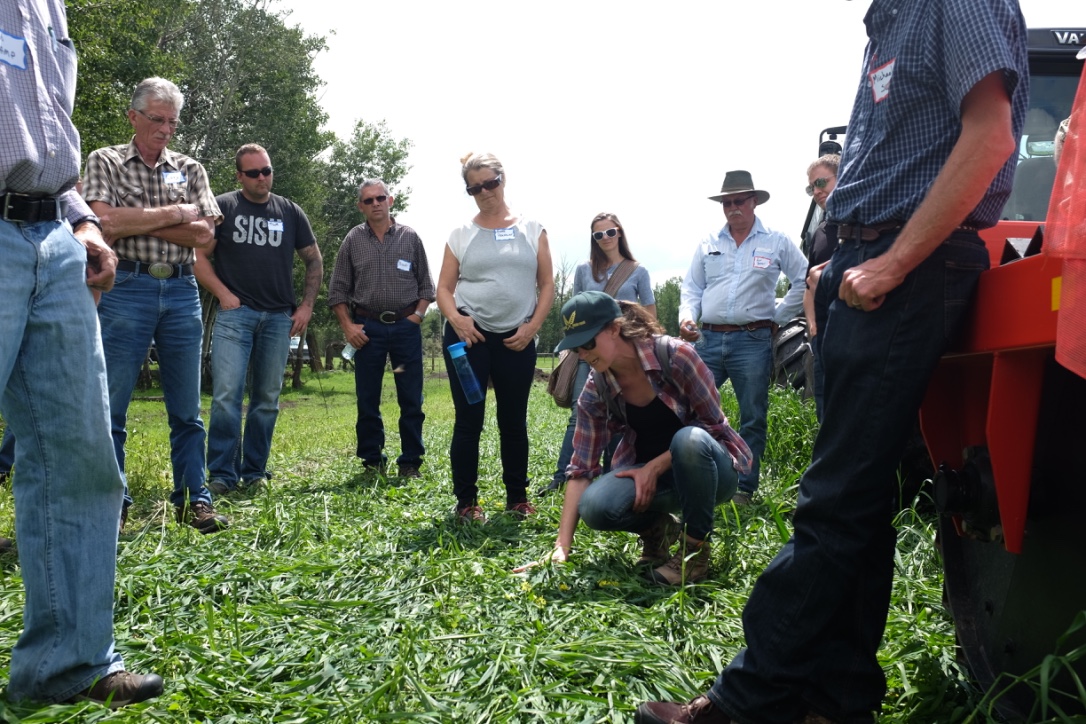
The Initiative also focuses on compiling innovative research to create resources for producers that improve best management practices and consequently their resiliency, stability, and profitability. A primary objective is to help farmers increase yields and improve grain quality. Workshops, field days, and conferences train producers how to implement best management practices that build soil fertility, manage weeds, and maximize grain quality. The Prairie Organic Grain Initiative has released a series of fact sheets that provide practical information for organic farmers to consider and integrate into their farming systems, including:
- From Harvest to Sale: Maintaining food quality in storage
- Intercropping: Increasing crop diversity
- Rotations: Designing a System that Works for You
- Cultural Practices: To Give the Crop Advantage
- Living with Weeds: Putting Weeds into Ecological Context
The fact sheets can be accessed on the Pivot and Grow website.
The Initiative has also developed a series of short videos designed to inform and introduce organic grain production to those unfamiliar with organic farming methods:
- Weeds: The First Emergence after Disturbance
- Intercropping: Utilizing More Efficiently the Acres that we have
- Planning Crop Rotations: The Diversity is what makes you
- The Organic Ration: Eyes per Acre
- Grain Quality: From Producer to Consumer
- Strategies for Successful and Sustainable Weed Management
View the videos and subscribe to Pivot and Grow’s You-Tube channel.
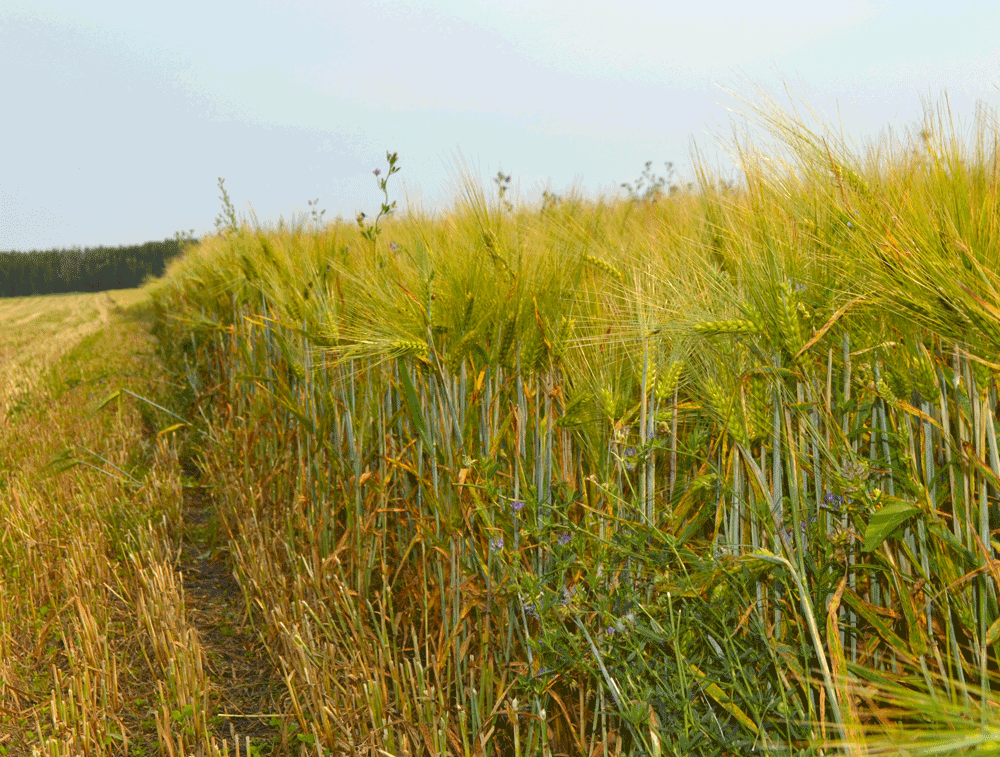
Another exciting project from the Initiative is the Organic Agronomy Training Program. The Organic Agronomy Training sessions are being held in partnership with University of Manitoba. In the Spring and Summer of 2016, Martin Entz of the U of M, along with experts such as Brenda Frick, Joanne Thiessen Martens and other U of M instructors, held three successful training sessions across Manitoba, Saskatchewan, and Alberta, that trained 120 participants.
Currently, the Prairies have a shortage of agronomists who are trained to work together with organic farmers. The goal of this program is to train agronomists to provide agronomic advice to organic farmers in areas such as nutrient management, crop rotation planning, weed management, and grain quality. Participants were equipped with data gathering and decision support tools to take a systematic and comprehensive approach to working with farmer clients. Participants have been staying in touch with the instructors and each other through emails, Facebook, and organized teleconference calls, allowing for valuable continued learning and sharing.
The Prairie Organic Grain Initiative is also working with Martin Entz and Joanne Thiessen Martens on the Organic Nutrient Management Program. Martin and Joanne have developed a spread sheet-based tool to help organic farmers assess crop nutrients. Because nutrients are made available through biological activity, rather than synthetic fertilizers, understanding how to manage these nutrients properly is critical to improving organic grain quality and quantity. The tool uses information from the farm including soil, plant, and grain samples, and cropping history.
Through the Initiative, the program has been extended across the Prairies. The program connected agronomists and organic farmers to develop nutrient budgets that inform management recommendations. Ten agronomists, several of whom are participants of the Organic Agronomy Training Program, work with 40 farms across Alberta, Saskatchewan, Manitoba, and one farm in the Peace River Region of British Columbia. [Editor’s note: for more on the Nutrient Management Program, visit Footnotes from the Field: Organic Nutrient Management.]
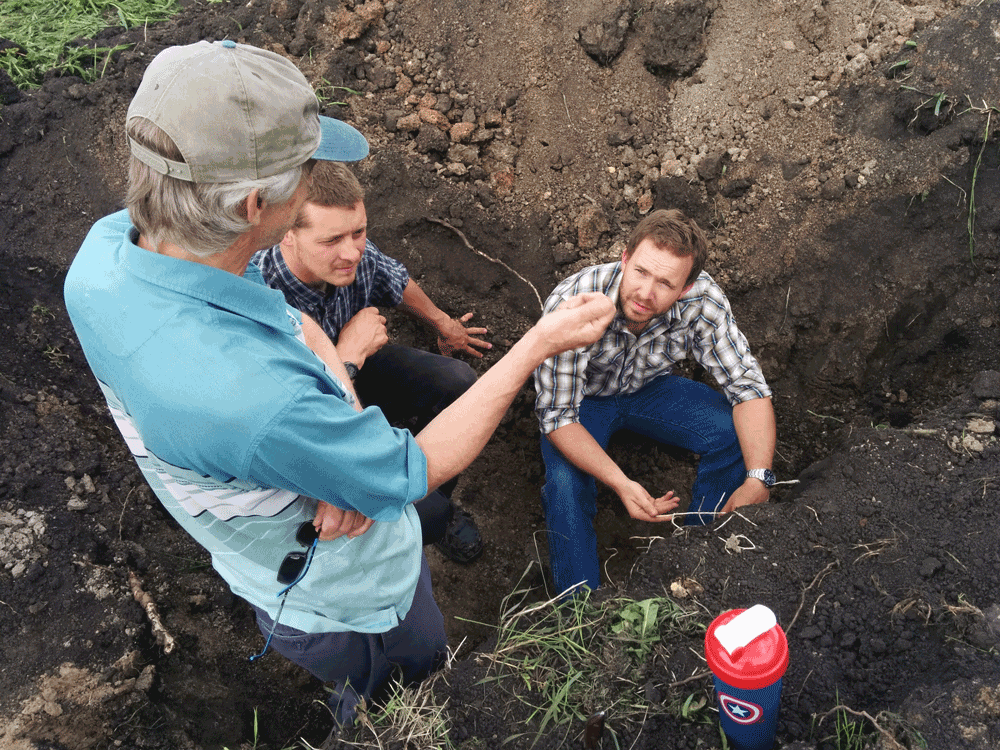
The Initiative is also working with Joanna White and Dr. Andy Hammermeister from the Organic Agriculture Center of Canada on the upcoming release of an online Green Manure Management Tool. This online resource will aid farmers in selecting the appropriate green manure to include in their crop rotations to build soil fertility. The Green Manure Management Tool will include five interactive modules, and will be available on the Pivot and Grow website in January 2017 and includes the following titles:
Module 1: Choosing A Green Manure
Module 2: Green Manure Profiles
Module 3: Managing Green Manures
Module 4: Green Manures and Weed Management
Module 5: Green Manure Resource tool for Professionals
The Prairie Organic Grain Initiative is working to improve resiliency and stability in the Prairie organic grain sector. If you would like more information on the Prairie Organic Grain Initiative and how you can access its programs, resources and tools, please contact info@prairieorganicgrain.org. Working together, we can achieve a resilient, stable, and profitable industry for Canadian prairie organic grain.
Cari Hartt is the new Communications Coordinator for The Prairie Organic Grain Initiative. A graduate of MacEwan University with a degree in professional communications, she is new to organics, but is thrilled to offer her skills to such a wonderful and welcoming community.


